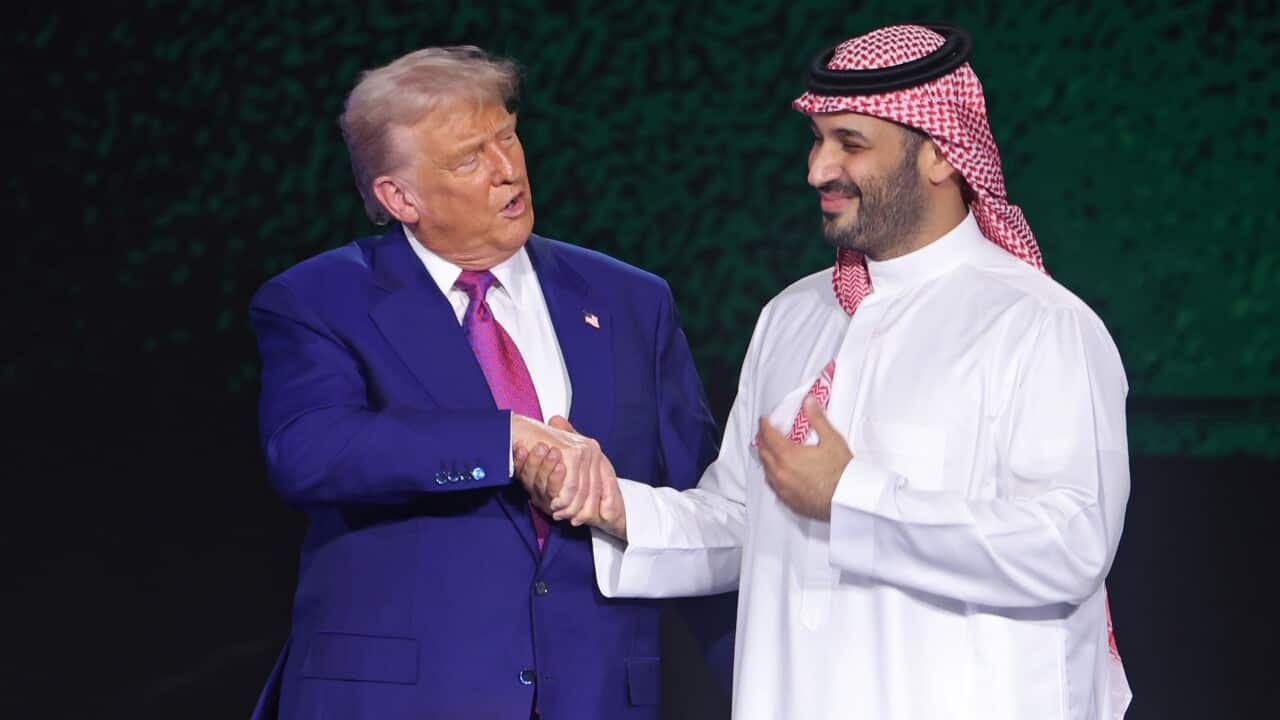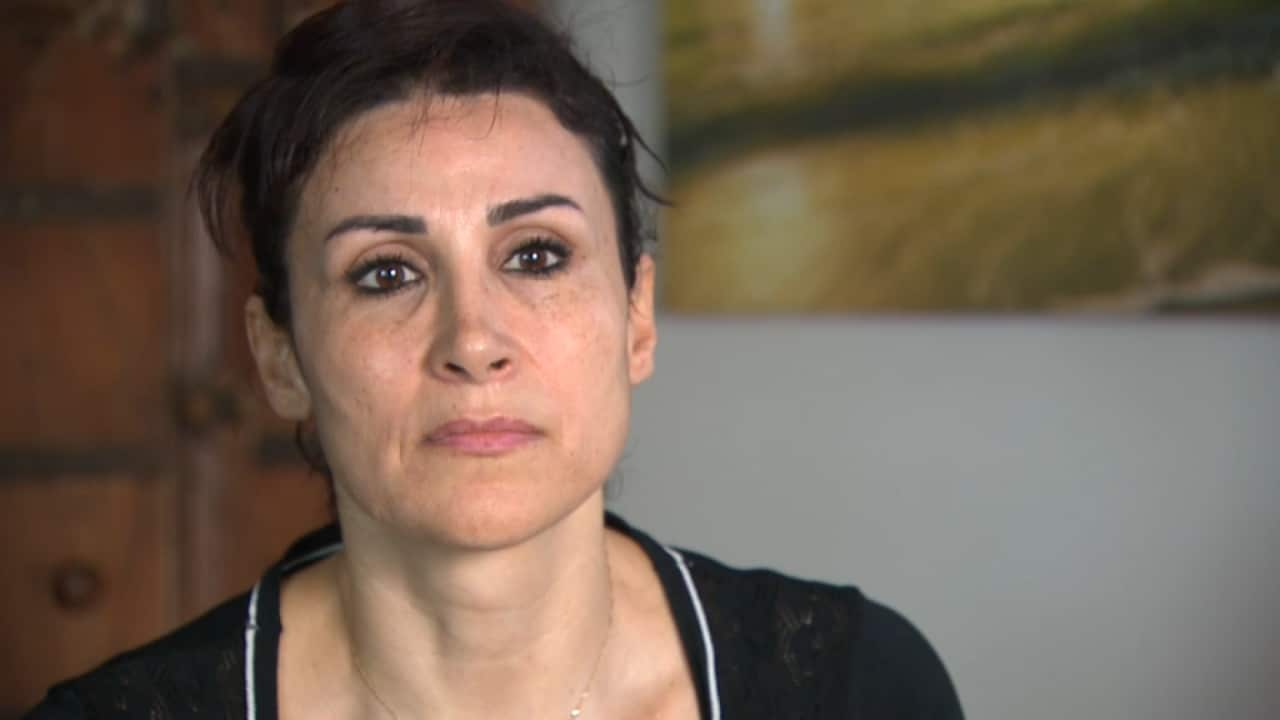United States President Donald Trump has announced the US will lift long-standing sanctions on Syria, and secured a US$600 billion ($920 billion) commitment from Saudi Arabia to invest in the US on a trip to the Gulf.
The surprise announcement about sanctions on Syria would be a huge boost for a country that has been shattered by more than a decade of civil war. Rebels led by President Ahmed al-Sharaa toppled former president Bashar al-Assad last December.
Speaking in Riyadh, Trump said he was acting on a request to scrap the sanctions by Saudi Arabia's Crown Prince and de facto ruler, Mohammed bin Salman.
"I will be ordering the cessation of sanctions against Syria in order to give them a chance at greatness," Trump said.
"It's their time to shine. We're taking them all off. Good luck, Syria, show us something very special."
The US declared Syria a state sponsor of terrorism in 1979, added sanctions in 2004 and imposed further sanctions after the civil war broke out in 2011.
Removing US sanctions that cut Syria off from the global financial system will clear the way for greater engagement by humanitarian organisations working in Syria, easing foreign investment and trade as the country rebuilds.
The move came despite deep Israeli suspicion of Sharaa's administration, worries initially shared by some US officials. Israeli officials have continued to describe Sharaa as a jihadist, though he severed ties with al-Qaeda in 2016. Israel's government did not immediately respond to requests for comment.
A 'new start'
Trump said he would remove all sanctions, saying they had served an important function, but it was time for Syria to move forward. He said steps were being taken to restore normal relations with Syria, and US secretary of state Marco Rubio would meet his Syrian counterpart this week.
Syrian foreign minister Asaad al-Shaibani said on X he planned move marked a "new start" in Syria's path to reconstruction. Trump has agreed to briefly greet Sharaa in Saudi Arabia later on Wednesday, a White House official said.
Ever since overthrowing Assad in December, Syria's new Islamist rulers have been pushing Western states to lift sanctions imposed on the country largely during the former president's rule.
The decision is a major boost for Sharaa, who has been struggling to bring the country under the control of the Damascus government.
The challenges were laid bare in March when Assad loyalists attacked government forces, prompting revenge killings in which Islamist gunmen killed hundreds of civilians from the Alawite minority, drawing strong US condemnation.
The United Nations, which has been pushing countries to lift sanctions on Syria, welcomed the move.
UN spokesperson Stephane Dujarric said: "It was important for us to see relief on sanctions on Syria to help the reconstruction of Syria, to help the Syrian people recover from more than a decade of conflict, a decade of under investment."
LISTEN TO

'We are collapsing from crying': Syrian-Australians call for action after new attacks on civilians
SBS News
04:52
US-Saudi arms deal
The US agreed to sell Saudi Arabia an arms package worth nearly US$142 billion ($220 billion), according to the White House which called it "the largest defence cooperation agreement" the US has ever done.
Trump and Salman signed an agreement covering energy, defence, mining and other areas. Trump has sought to strengthen relations with the Saudis to improve regional ties with Israel and act as a bulwark against Iran.
The agreement covers deals with more than a dozen US defence companies in areas including air and missile defence, air force and space advancement, maritime security and communications, the fact sheet said.
Salman said the deal included investment opportunities worth US$600 billion ($927 billion), including deals worth around US$300 billion ($463 billion) that were signed during Trump's visit.
"We will work in the coming months on the second phase to complete deals and raise it to $1.5 trillion [$2.3 trillion]," he said.
Saudi Arabia is one of the largest buyers of US arms.



